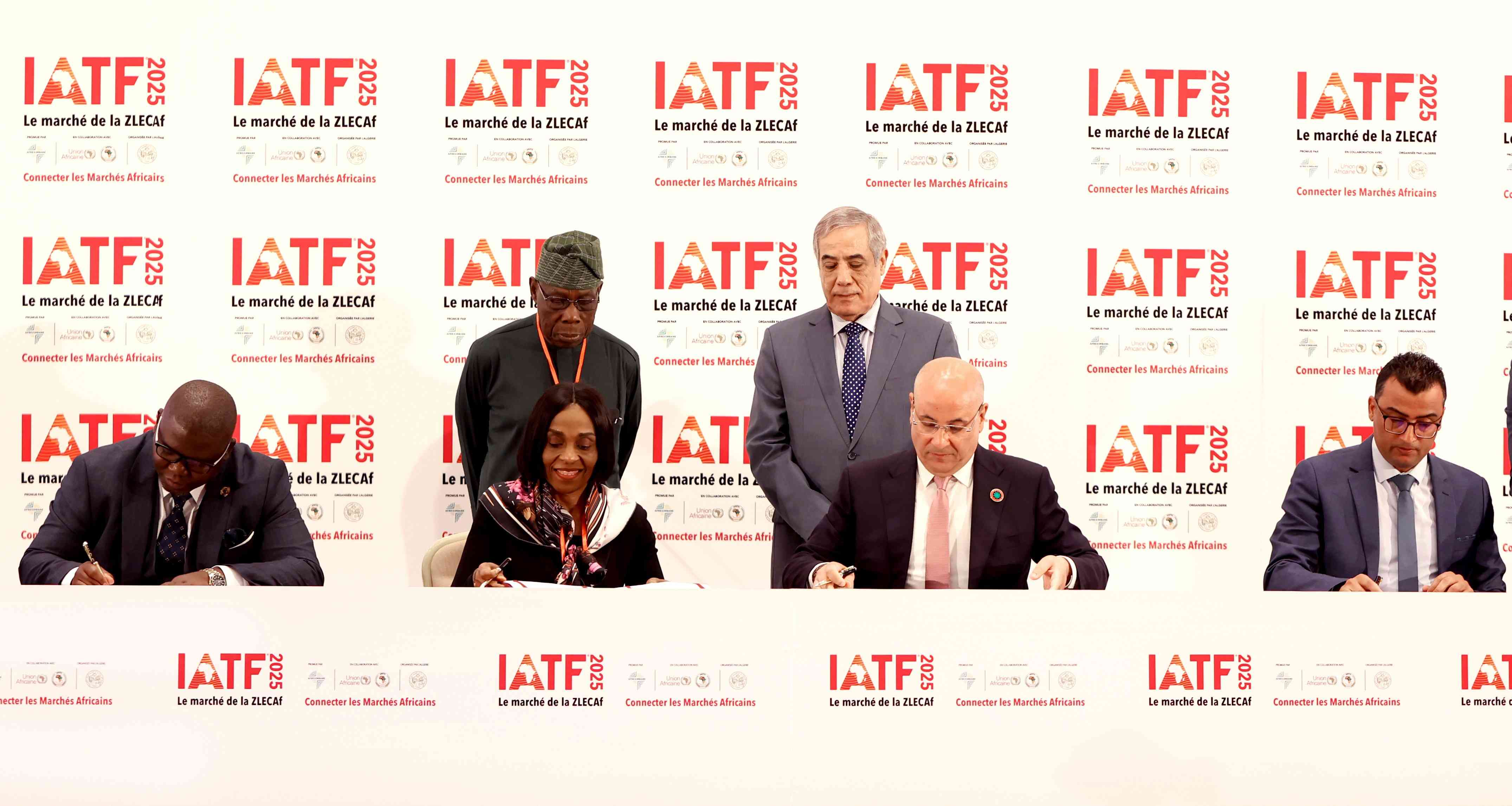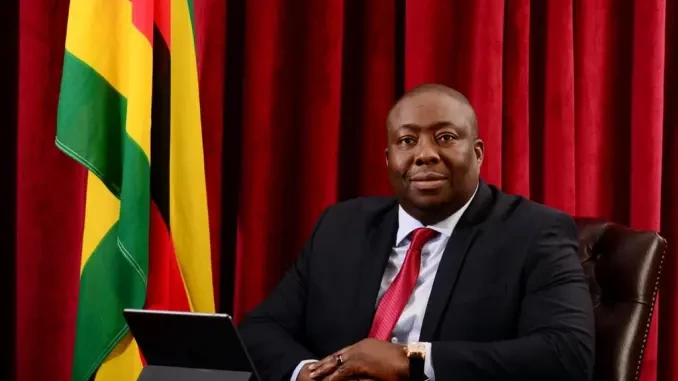
BY DESMOND CHINGARANDE/TAFADZWA KACHIKO Financier, Al Shams Global BVI Limited lost US$19,5 million invested into Interfin Bank after the bank was liquidated by the Reserve Bank of Zimbabwe (RBZ).
The company, which is represented by Jayesh Shah, is now suing the central bank in a bid to recover the funds, amid reports that former senior RBZ officials kept the liquidation a “secret” to fleece depositors’ funds.
This came as the Supreme Court struck off an appeal by the Depositors Protection Corporation (DPC) following a High Court ruling that would see Al Shams Global recovering US$26 million that it was owed by Interfin Bank Limited, which is now under liquidation.
On Wednesday, High Court Judge President Justice Mary Zimba Dube heard that RBZ officials knew that Interfin Bank was about to be liquidated, but kept the issue as a secret.
Al Shams was represented by advocates Lewis Uriri and Tawanda Zhuwarara, while the RBZ was represented by Advocate Sylvester Hashiti instructed by Patrick Nyeperai.
The court heard that when the bank was facing headwinds, then RBZ governor Gideon Gono took millions of dollars in loans for his company, Luna Chickens, from the bank, which were part of funds deposited by Al Shams.
Al Shams alleges that the RBZ was aware of the fact that Interfin was operating with a capital deficit of over US$38 million, in contravention of section 29 of the Banking Act as read together with section 12 of the Banking Regulations [Statutory Instrument 205/2000].
It is alleged that between the period 2011 and 2012, Al Shams Global BVI Limited purchased certain banker’s acceptances from Interfin Bank Limited on a buy back basis with the interest rate pegged at 20% per annum.
- Chamisa under fire over US$120K donation
- Mavhunga puts DeMbare into Chibuku quarterfinals
- Pension funds bet on Cabora Bassa oilfields
- Councils defy govt fire tender directive
Keep Reading
As security for the due payment upon maturity of the banker’s acceptances, Interfin Bank ceded the various agreements with the drawers and/or issuers of banker’s acceptances to Al Shams.
It is alleged that under this arrangement, the sum total of the maturity value for the banker’s acceptances being sold back to Interfin by the plaintiff was US$19,5 million.
The court also heard that several prominent people who were close to the RBZ officials also got some loans, which pushed the bank into a negative balance of US$107 million.
During cross-examination, RBZ senior bank registration supervisor Phillip Madamombe did not dispute that when Al Shams deposited the money, Interfin was about to be liquidated.
The bank was subsequently placed on final liquidation sometime in 2015, and John Chikura, who at the time was the chief executive of the DPC, was appointed the liquidator.
Al Shams now wants the RBZ to deposit the US$19, 5 million with First Alliance Bank of Zambia.
Meanwhile, in another matter, in 2016, the High Court had ruled that the Assignment and Security Trust Deed concluded between Al Shams and Interfin Bank in April 2012 was binding and enforceable on DPC.
On November 4, 2021, the High Court struck the matter off the roll with costs. The DPC then made a civil appeal SC 447/21 at the Supreme Court.
The DPC wanted to block recovery of the $26 million debt accrued after Al Shams bought a slew of banker’s acceptances from Interfin Bank on a buy-back basis.
The Supreme Court bench, which comprised Justices Nicholas Mathonsi, Samuel Kudya and Joseph Musakwa, said the appellant failed to obtain leave to sue the liquidator of Interfin.
“The nature of the judgment or order in question is such that it does not meet the criteria of a non-appealable judgment or order. While it is a simple interlocutory judgment or order, it is appealable, but only with leave as required by section 43(2)(d) of the High Court Act,” the judgement read.
“Such leave not having been sought and granted, it was incompetent for the appellant to purport to appeal to this court. As a corollary to that, the matter is improperly before the court. It ought to be struck off the roll.
“In my view, a conscientious litigant would have been more circumspect and proceeded with caution. Yet, despite the clear provisions of s 43(2)(d) of the High Court Act that leave was required, the appellant again lodged an appeal without seeking leave to appeal.
“By so doing, it invited the sanction of the court by the only weapon available to it, the grant of costs on the higher scale, so that in future, the appellant will proceed with caution. In the result, it is ordered as follows: the matter is struck off the roll and the appellant shall bear the costs on a legal practitioner and client scale.”
- Follow us on Twitter @NewsDayZimbabwe










